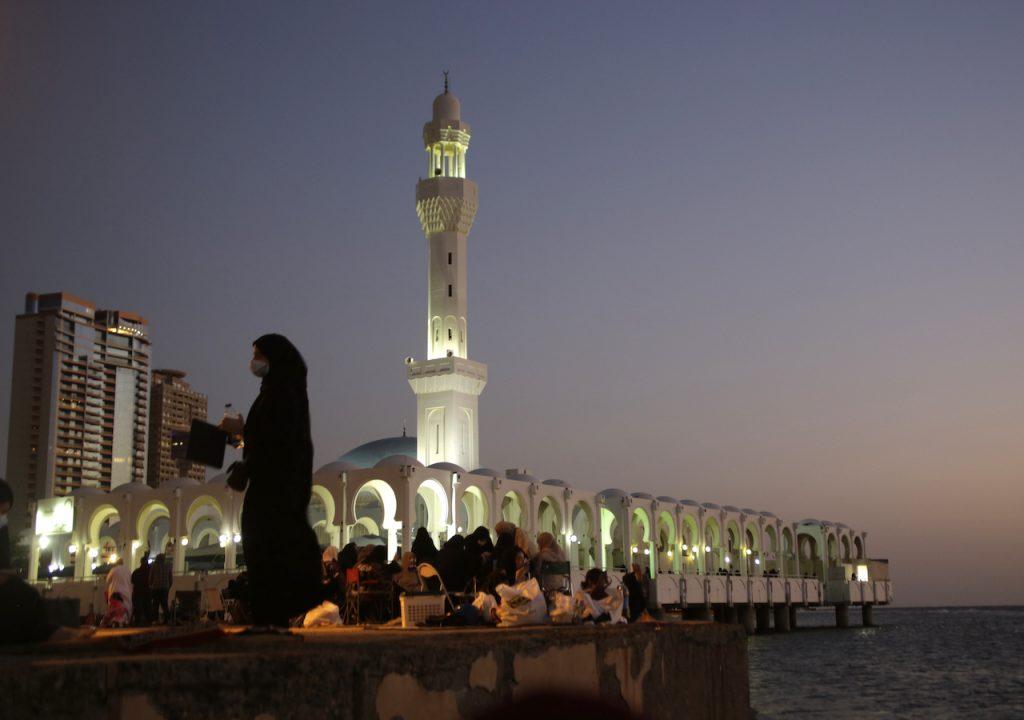‘Everyone is freaking out’: Saudi Arabia’s ultimatum rattles international businesses
Saudi has given up trying to tempt international companies to the kingdom, and is now requiring them to relocate if they want billion dollar contracts.
Just In
For decades, most top foreign executives have jetted in and out of Saudi Arabia for business while living in more liberal Dubai.
The oil-rich kingdom’s ultra-conservative culture has never appealed to Western managers as a regional base.
But now Crown Prince Mohammed bin Salman, known as MBS, has delivered an ultimatum to multinationals: move your regional headquarters here or forget about securing billion-dollar government contracts.
The February announcement marked Prince Mohammed’s boldest attempt to transform dowdy, landlocked Riyadh into the premier business and finance hub for the Middle East, Africa and parts of western Asia.
The measure, which will be enforced by “agencies, institutions, and funds owned by the government”, comes into effect at the beginning of 2024.
“Everyone is freaking out. We are used to governments offering carrots, but this is a giant stick,” said one multinational regional manager.
Initially, Prince Mohammed sought to entice companies to move their regional headquarters to Riyadh with incentives that included a 50-year corporate tax holiday and exemption from quotas to hire Saudis.
But only 24 multinationals provisionally agreed to make the move.
“My sense is they didn’t get as big a splash as they would like so they have ratcheted it up,” said a Gulf-based executive who does business in Saudi Arabia. “They wanted more like 100 companies.”
The kingdom has the Middle East’s biggest economy, is the world’s top oil exporter and the government is the driver of economic activity and the biggest spender.
Prince Mohammed also plans to spend hundreds of billions of dollars to modernise Riyadh, including cultural, music and sports events being held in the capital. He has also promised that more international schools will move to the kingdom.
But Saudi Arabia’s highly conservative culture, in which alcohol is banned, counts against it.
Businesses are also wary of Prince Mohammed’s erratic leadership, exemplified by the 2018 murder of Jamal Khashoggi by Saudi agents allegedly under his command.
Some executives suggested that companies may simply label an office in Riyadh a “headquarters” but Khalid al-Falih, investment minister, told Arab News, that “a nameplate saying ‘this is the regional headquarters’ will not fly”.
Falih said state contracts would be awarded only to those companies that “have their entire integrated operations in the kingdom in order to manage the execution of those government contracts”.
In Dubai, officials anticipate greater competition from its far larger and wealthier neighbour.
Majid Saif Al Ghurair, chairman of the Dubai Chamber of Commerce and Industry said, “Saudi is in a changing mood and we are more than happy for them to grow as we will all benefit.
“This concept of Saudi Arabia being where you make a lot of money then leave and spend it all elsewhere, doesn’t fit with the kingdom’s strategy anymore,” he said.
One British executive said, “The Saudi government is the biggest spender in the region, and you have to follow the money. You will probably have some takers, but it will take a very long time for people to move their lives from the UAE to Riyadh because of the lifestyle.”
Another Western, Dubai-based executive was blunter: “Us move to Riyadh? NFW.”
Subscribe to our newsletter
To be updated with all the latest news and analyses daily.
